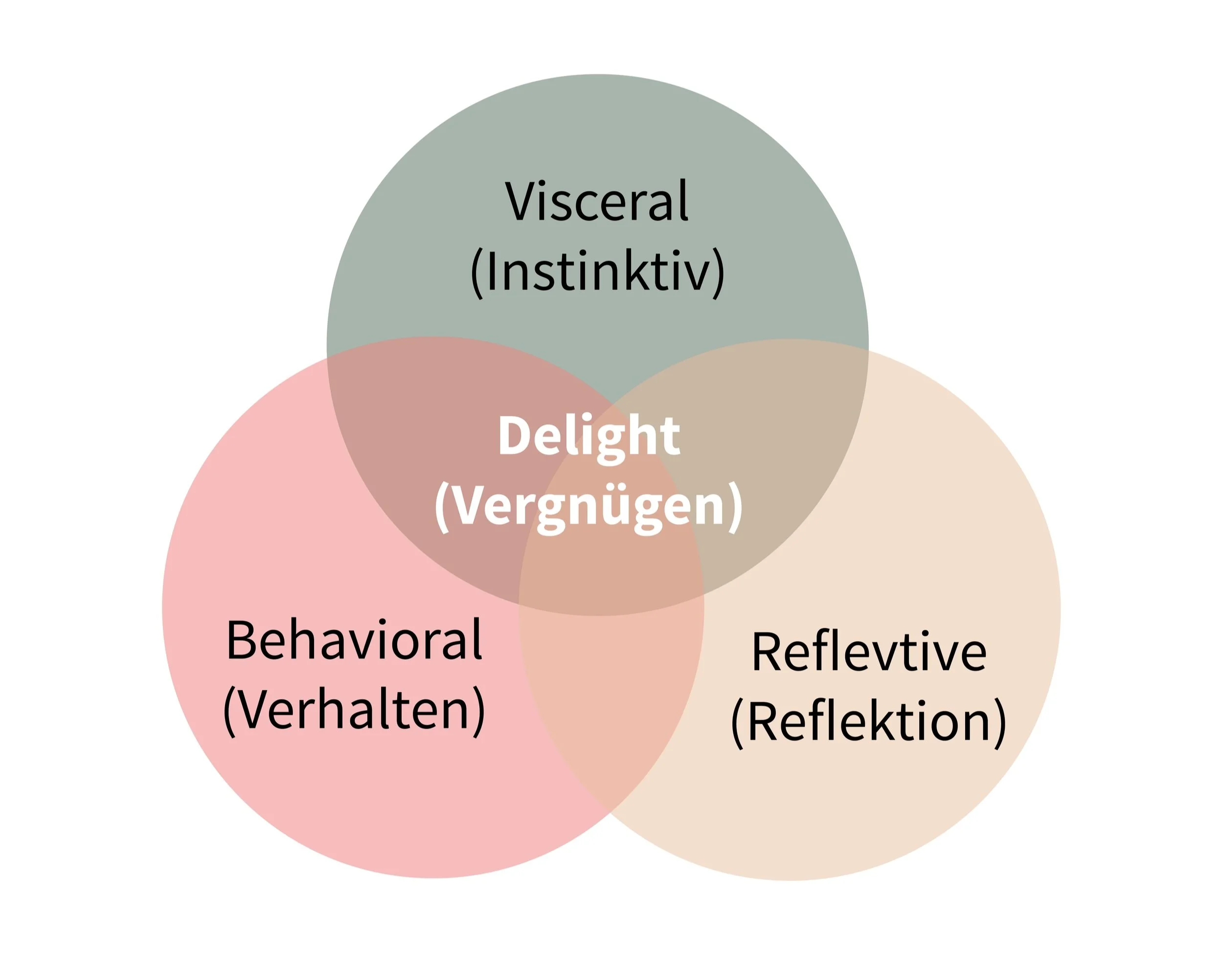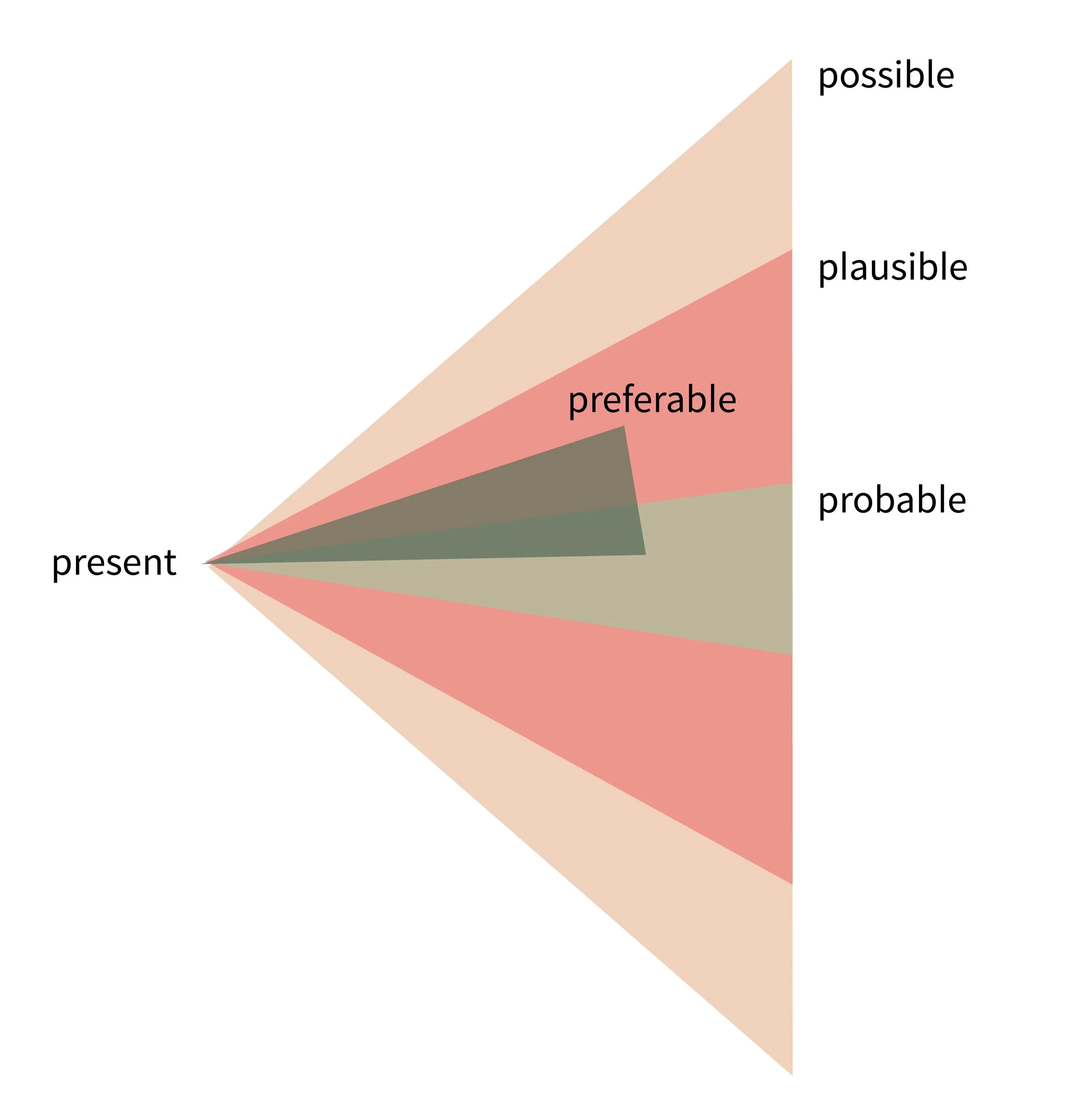Interactive cooking experience to gain knowledge about veganism
cook
This project, my bachelor thesis, explores how design can influence consumers to adopt a more plant-based diet. The goal was to shift dietary preferences away from animal-based foods while respecting personal autonomy, addressing emotional, behavioral, and social factors to create a positive perception of veganism.
Main goal
The developed cooking experience educates participants about plant-based nutrition. The course introduces vegan alternatives, teaching easy incorporation into daily life, with engaging content and appealing food photography.
Achievements
Through user research and interviews, I gained valuable insights. I learned about different design approaches to promote transformation and positive change.
Personal gains

Consuming animal products contributes to health issues, world hunger, pollution, and factory farming, which harm the environment and fuel the climate crisis. Reducing meat consumption helps address these challenges.
Context research
Mass livestock farming
Environmental pollution
World hunger
Wealth diseases
Recipe booklets
The project includes a cooking experience with course materials in digital and physical formats. Different booklets feature individual recipes highlighting ingredients like tofu, jackfruit, or seitan, along with suitable recipes and additional information.
Online cooking class
A key part of the project was designing a cooking class, due to the 2020 pandemic it had to be online. Simple, accessible recipes were created to guide beginners in plantbased cooking.
Live cooking class
In 2023, I hosted live cooking classes for vegan beginners, building on my earlier online course. The focus was on teaching practical techniques and introducing veganism in a way that emphasized taste and nutrition.
Design principles and theories are essential to this project as a tool for influencing behavior. Design for Behavioral Change, Emotional Design, Speculative Design, and Product-Service-System Design were principles used to achieve the project’s goals.
Design research
Using design principles to achieve positive change
Design for behavioral change to subconsciously influence the decision-making processes of users
Emotional design to actively create a new emotional level for plant-based foods
Speculative design as future trend prediction to understand the user as accurately as possible
Design criteria based on research
Conveying positive emotions
Direct communication and interaction
Comprehensible and easy instructions
Professional and objective knowledge transfer
Appropriate selection of plant-based foods
















